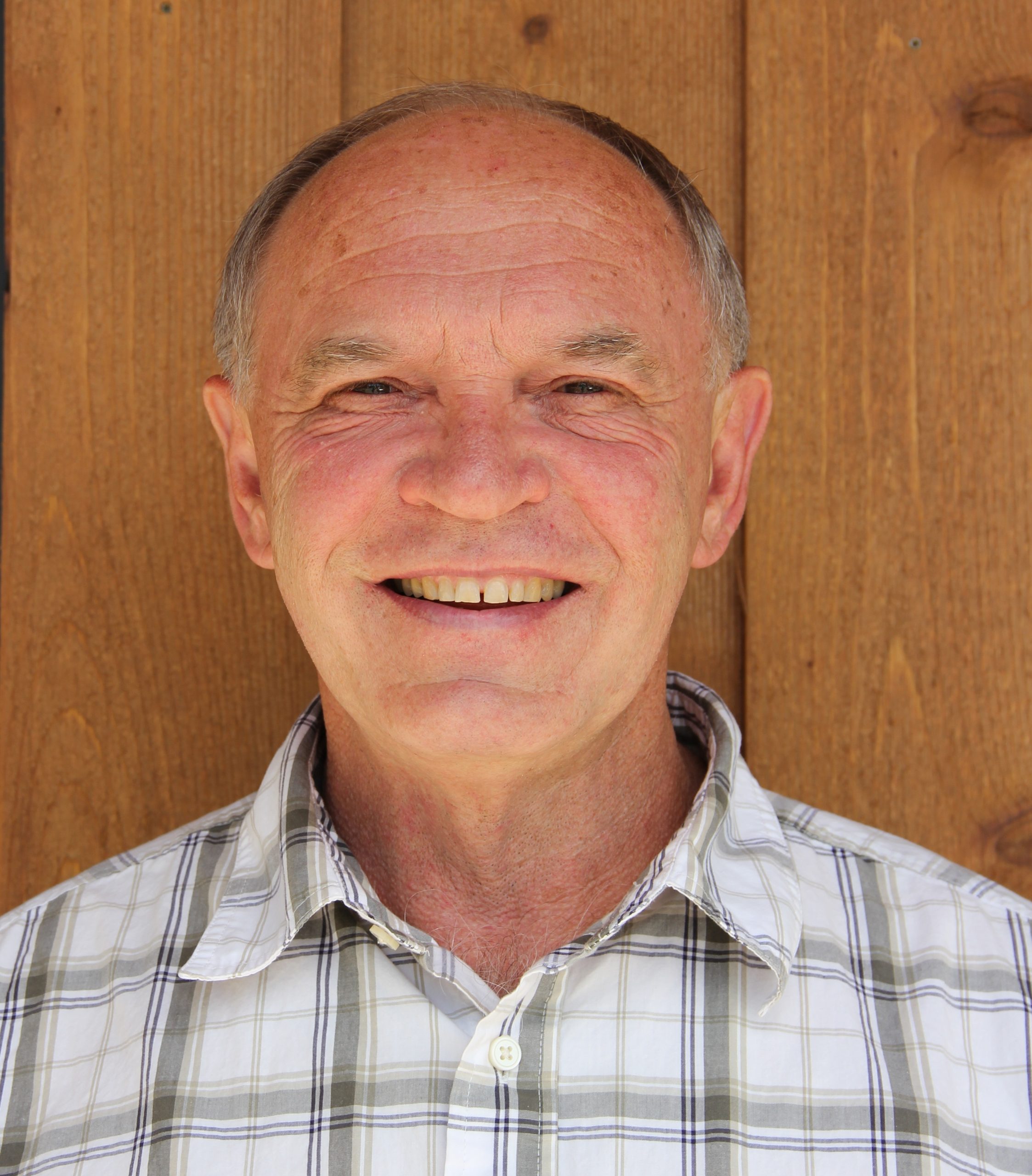
As PERC matured, we knew that we were having an impact on the academy, but we also realized that much of our research was gathering dust on professors’ bookshelves. To remedy this, PERC expanded its mission to include educational programs. Audiences in these programs included journalists, congressional staffers, professors, and college students. Especially with journalists, we aimed at wholesaling the idea of free market environmentalism to a much broader audience.
Now with publications such as PERC Reports and the PERC Policy Series, we are marketing free market environmentalism ourselves. The readership of these publications continues to grow and will do so even more as we begin distributing PERC Reports in bookstores and on newsstands. Readers might even assist in broadening the distribution of these ideas by asking that complimentary subscriptions be sent to their friends or by requesting extra copies to place in their doctor’s or dentist’s office, or other places of business.
Through this evolution, PERC has transformed from a think tank to “PERC University.” We have researchers, teachers, classes, outreach, and publications, all the trappings of a university.
What we have not had at PERC University until recently, however, is a business school—a department of the university where free market principles are applied. That changed with the addition of TEAM (Teaching Enviropreneurs About Markets), of which Enviropreneur Camp is a component.
With the addition of TEAM, PERC has evolved from thinking to teaching to tinkering. As this issue of PERC Reports illustrates, we are now working with active environmental entrepreneurs. For these enviropreneurs, the environment is not a problem; it is an asset to be cultivated for future environmental and economic returns.
The environmental community has numerous programs that expand the use of science and develop leadership skills for solving environmental problems, and PERC lauds this approach. Both science and leadership are crucial for managing ecosystems, but without business skills, managers will fall short of finding economically sound and environmentally effective methods of enhancing ecosystem services.
Instead of focusing on economic theory, benefit-cost analysis, non-market valuation tools, and governmental policies that mimic markets, TEAM provides enviropreneurs with concepts and tools necessary to make deals for ecosystem services. Returning to the university analogy, TEAM shifts the emphasis from the economics department where research on markets is done to the business school where markets are applied.
This issue of PERC Reports tells the stories of enviropreneurs— environmentalists who, to use the popular comedian’s phrase, “get ’er done.” As PERC helps enviropreneurs tinker with applying free market environmentalism, we can rest assured that the environment, the economy, and freedom are all being enhanced.
In his “On Target” column, PERC’s executive director Terry L. Anderson confronts issues surrounding free market environmentalism. Anderson can be reached at perc@perc.org.



